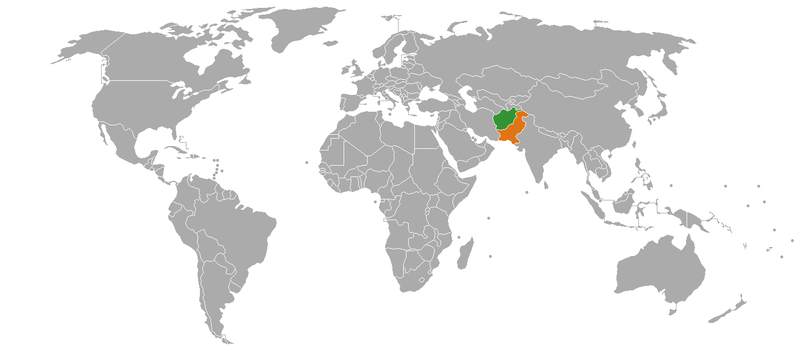The number of cases and fatalities due to viral disease, Crimean-Congo hemorrhagic fever (CCHF), in Pakistan and Afghanistan this year has been of concern both in media accounts and from global health agencies.
Pakistan has reported in excess of 20 fatalities due to CCHF, while Afghanistan has reported 71 cases during the course of the year and a dozen deaths.
With the start of the Muslim holiday, Eid al-Adha, today, the concerns about the spread of CCHF have gone to another level.

When you think of CCHF, it is commonly considered a tickborne disease; however, people can also contract the serious viral disease through contact with infected animal blood or tissues during and immediately after slaughter.
Animals become infected with CCHF by the bite of infected ticks and the virus remains in their bloodstream for about one week after infection, allowing the tick-animal-tick cycle to continue when another tick bites.
According to an Al Jazeera report, Eid al-Adha commemorates the day when prophet Abraham was going to sacrifice his son but was instructed by God to offer an animal instead. Eid al-Adha in Arabic literally means “festival of the sacrifice”.
So there will be animals slaughtered to celebrate the holiday, increasing the risk to people for CCHF.
LISTEN: Crimean-Congo Hemorrhagic Fever: A conversation with Dr Judy Stone
The Afghan Ministry of Health has expressed concern saying the the risk of the virus transmission is expected to increase. In Pakistan, health officials have issued preventive measures for those handling the animals.
Pakistani official, Dr Arif Majeed said in order to reduce the risk of animal-to-human transmission, people should wear gloves and other protective clothing while handling animals or their tissues in endemic areas, notably during slaughtering, butchering and culling procedures in slaughter houses or at home.
He added to reduce the risk of human-to-human transmission in the community, people should avoid close physical contact with CCHF-infected people, wear gloves and protective equipment when taking care of ill people and wash hands regularly after caring for or visiting sick people.
Earlier this month, Spain recorded two locally acquired cases of CCHF, one via a tick bite and the second a hospital transmission, making it the first such case in Western Europe.
Related:


4 thoughts on “Crimean-Congo hemorrhagic fever concerns rise with start of Muslim holiday”